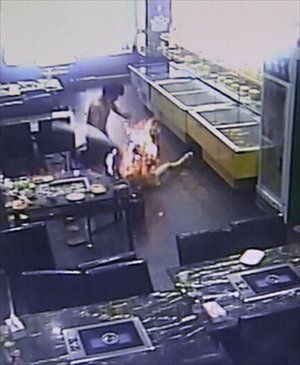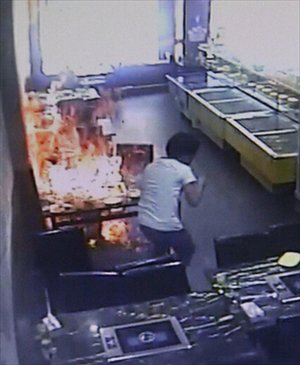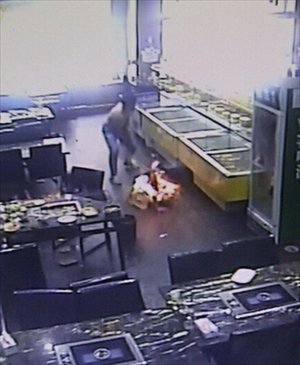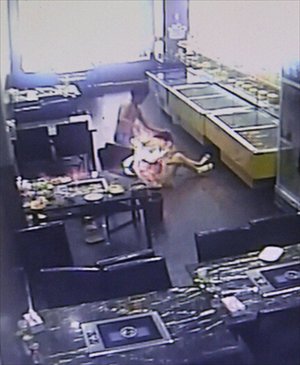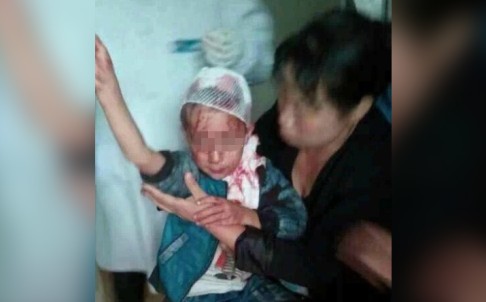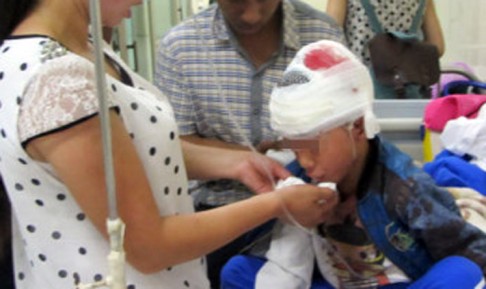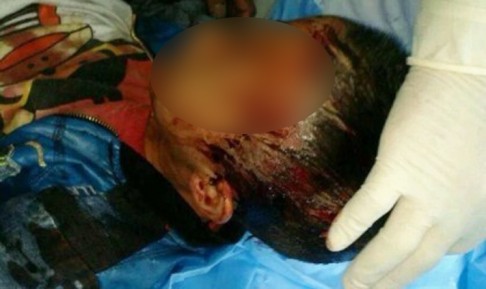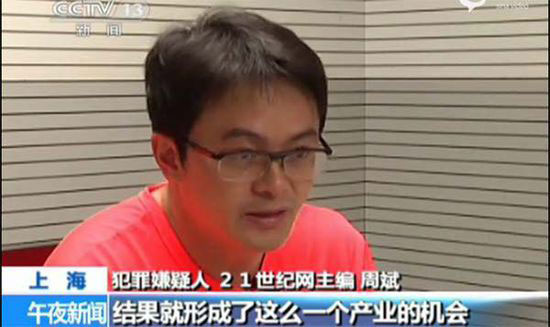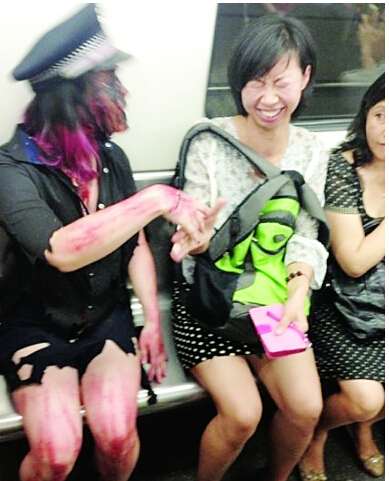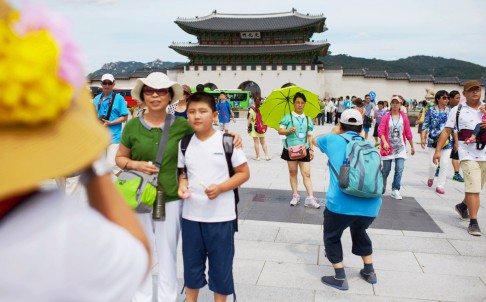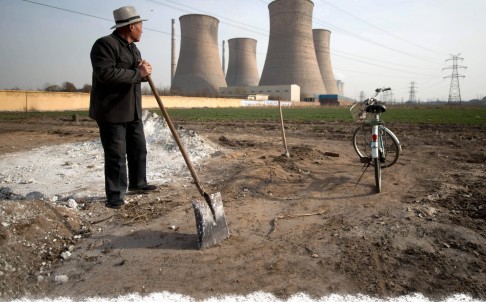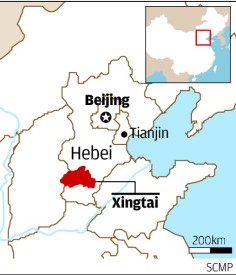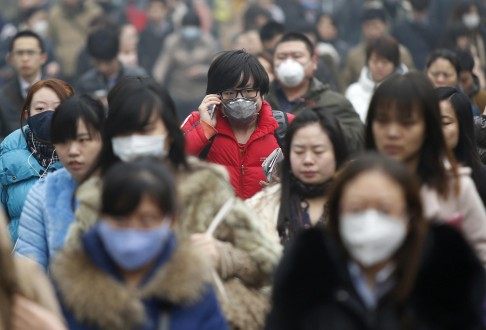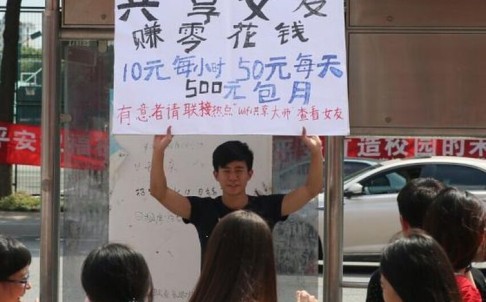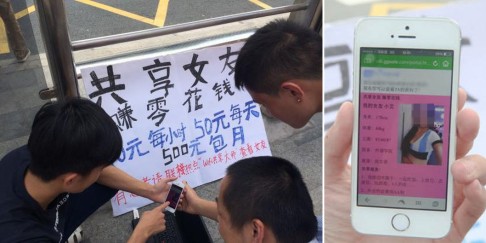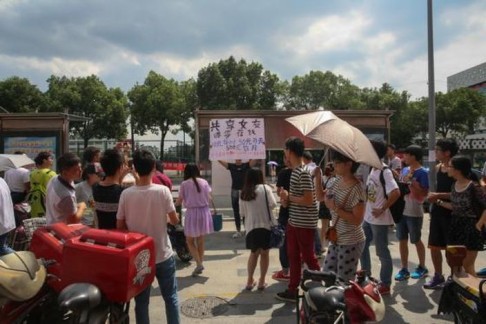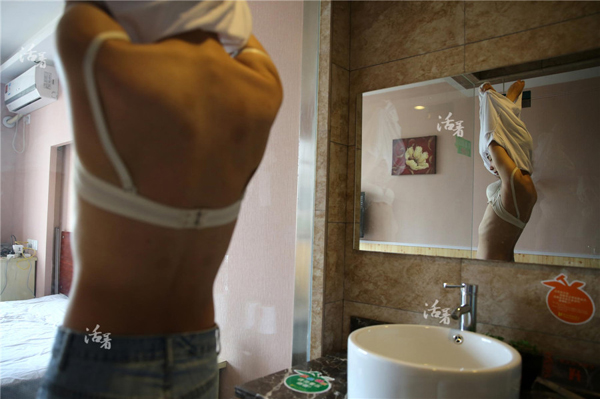Authorities expose dirty journalists’ business model
Source: Xinhua-Global Times Published: 2014-9-12 0:58:04
Extortion rampant at Chinese media outlets, PR firms
China launched a large-scale crackdown on media corruption Thursday as it revealed a major scam in which journalists at a prominent business news website allegedly extorted money from companies for positive coverage.
Shortly after midnight Thursday, the Xinhua News Agency released a lengthy report on its website about the case, allegedly involving eight people, including journalists, media heads, marketing staff and public relations heads, all of whom have been detained by police.
The Ministry of Public Security also carried Xinhua's story on top of its website on Thursday.
Police say the website of business newspaper 21 Century Business Herald, 21cbh.com, and two public relations firms collaborated to extort money from companies in return for favorable coverage and withholding negative news reports. If companies refused, the website would purposely publish negative or malicious information about the company.
Those detained include Liu Dong, president of 21cbh.com, Zhou Bin, the website's editor-in-chief, and reporters and employees from its marketing department, as well as heads of the two PR firms. Together, they have extorted money from more than 100 companies since November 2013, said police.
The list of victims covers many listed companies and enterprises from Beijing, Shanghai and Guangdong that are planning to go public, restructure or to make a business transition.
People's Daily, the official newspaper of the Communist Party of China, also ran a story Thursday recounting the details of the scandal, along with a commentary observing that the power of the media as a public watchdog has been turned into a tool for profit.
"The news extortion has evolved from individual actions by reporters to collective action by a company, even becoming a business mode," the People's Daily wrote.
China Central Television also aired extensive coverage of the scandal Thursday, with video footage showing the detained suspects confessing to their misdeeds on camera.
According to the confessions, the suspects targeted listed companies or those about to be listed. After the companies handed over "huge payments," 21cbh.com released positive stories with exaggerated content about them.
For companies which declined the suspects' demands, 21cbh.com published "malicious attacks" on them, demanding money to ensure negative stories did not see the light of the day, said police.
The journalists are also suspected of helping to rebut or conceal negative news reports on companies that paid up.
When the companies involved came to 21cbh.com themselves or through a PR firm after seeing negative reports, the website would charge 200,000 to 300,000 yuan ($32,500) in the form of advertising contracts, in exchange for deleting the negative reports from the site, Zhou said.
Police said that as of 2010, 21cbh.com had signed "advertising contracts" with more than 100 companies annually, valued at around hundreds of millions of yuan.
A PR manager from the China office of a Fortune 500 multinational company said he has witnessed many media organizations trying to make money out of unfavorable coverage.
"One media outlet called to ask for an advertising contract, but was declined. Then it published a series of negative news reports, and then it called to ask for ads again," the PR manager, who declined to be named, told the Global Times.
He added that at least four media organizations had tried to get money from the company in the form of ads or sponsorship of a forum since April, threatening negative coverage if the are rejected.

